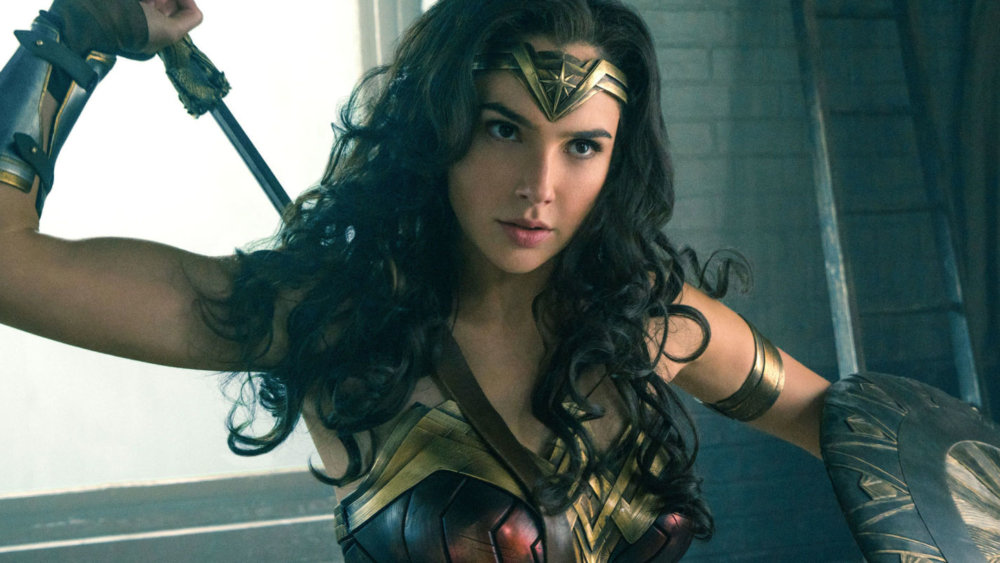Women are key to changing how we view females on-screen
An American commentator believes pop culture can be improved and enhanced
How women are portrayed in movies, TV and online can be changed, according to a prominent US screen critic. But it will take women to do it.
A film and television commentator for Rolling Stone, The Washington Post, Christianity Today and Vox, Alissa Wilkinson is visiting Australia to shed light on how pop culture can be viewed, appraised and shaped.
Part of her visiting fellowship with Sydney’s Anglican Deaconess Ministries involves hosting a workshop with young women. “We’re really thinking about how women could engage in the culture-making enterprise,” Wilkinson says.
“The reason [we are doing that] is women have a particular perspective on the world that is vastly under-represented in the world of popular culture.
“The more kinds of people we have telling stories, the better our entertainment will be, ultimately.” – Alissa Wilkinson
“There aren’t a lot of female critics, very few female directors. Women are just not in the decision-making places in entertainment, by and large, and those are for reasons that have to do with the industry but also women not feeling confident to go into those areas.”
Describing the movie and TV industries as potentially “dangerous” for women, Wilkinson understands it will be difficult to combat long-standing attitudes towards, and treatment of, women within them. But she believes the results would benefit everyone, female and male.
“The hope is that by fostering more women who want to, and are skilled to, engage in those areas, the more there will be a groundswell. And that’s better, because the more kinds of people we have telling stories, the better our entertainment will be, ultimately.”
“They were strong and beautiful, but it wasn’t the feeling of looking at them for the sake of looking at them.” – Alissa Wilkinson
One of the world’s leading voices on how Christians can engage well with entertainment, Wilkinson says “the way we look at women would change on-screen” if more women got involved in putting them on our screens.
“A really good example of this was watching Wonder Woman this year. I have seen a lot of movies and I still found myself oddly moved by the way women were depicted and shot with the camera. They were strong and beautiful, but it wasn’t the feeling of looking at them for the sake of looking at them. Rather, they were full human characters, even when they weren’t technically human. That was something remarkable and it was through the lens of a female director [Patty Jenkins].”
“There’s nothing magical about women, but when a whole half of the population is cut out of the cultural conversation, then you naturally get a skewed view of the world.” Wilkinson maintains that we all will have a more rounded and complete perspective on the world if more people are represented in making art.
“It’s important because it’s resonant to lots of people’s experiences.” – Alissa Wilkinson
Also lecturing in Australia about the ongoing prominence of religion in movies and TV, Wilkinson has some advice for how women could start to make their mark. “A lot of it has to do with having some kind of confidence that the story you have to tell or, as a critic, the perspective you have to give is something worth saying,” explains Wilkinson.
“That’s something that women are not told. Generally, keep your story to yourself unless it’s relevant. It’s a silencing thing. Finding the place to say my story is not just important because I’m awesome but it’s important because it’s resonant to lots of people’s experiences.”



